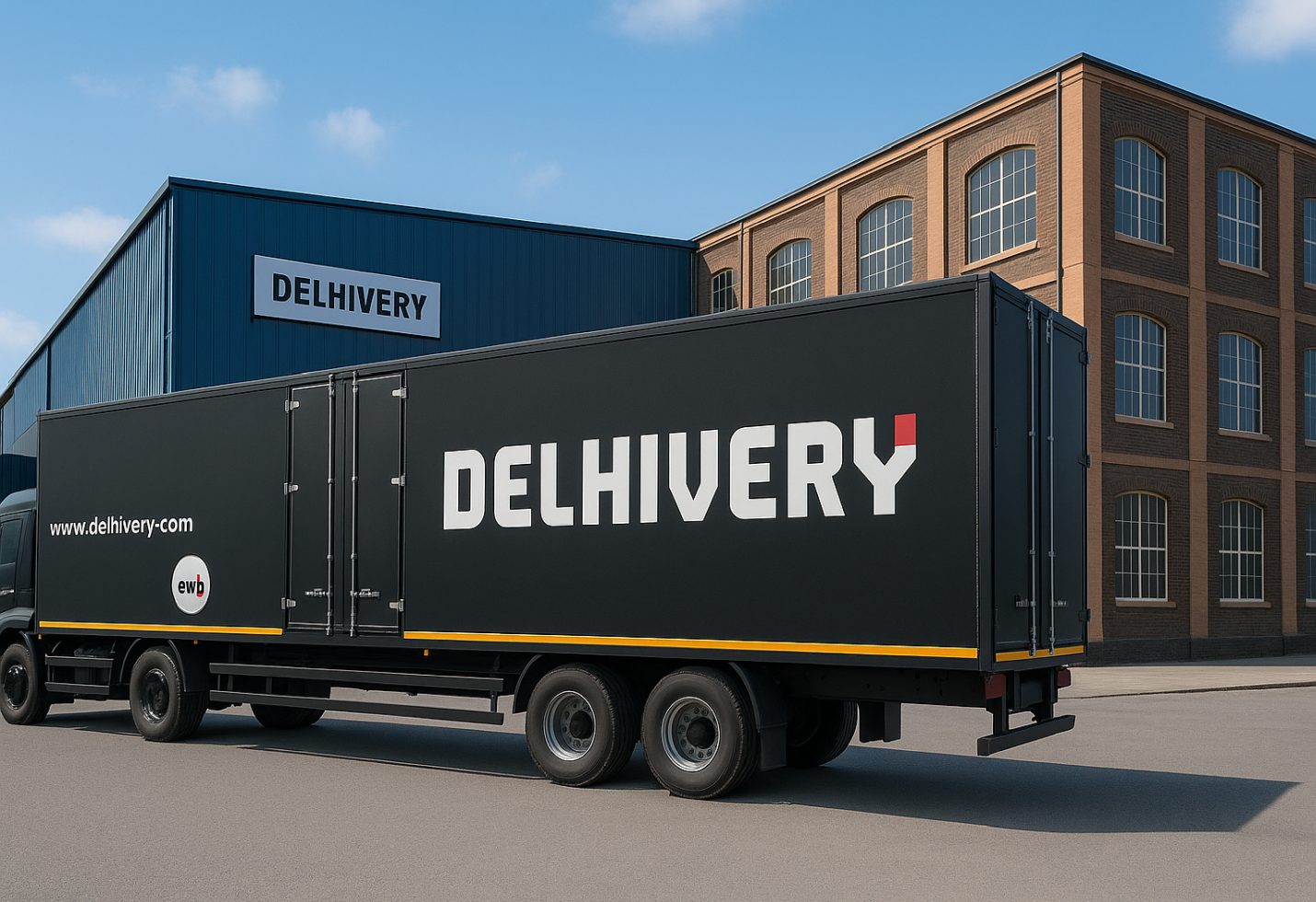Delhivery Q2 FY26 — Revenue Up 17% Yet Back in the Red
Delhivery reported a mixed Q2 FY26: strong top-line momentum and record parcel volumes, but the quarter moved back into a reported consolidated loss after one-time integration costs from the Ecom Express acquisition. Management says the underlying business is healthy and that most integration costs are one-off and within prior guidance.
*Key numbers (consolidated, Q2 FY26)*
* Revenue from services: ₹2,559 crore (reported) — +11.6% QoQ / +11.6–16% YoY depending on presentation; management’s adjusted “excluding Ecom Express impact” figure is ₹2,546 crore (+16.3% YoY).
* Total income: ₹2,652 crore (reported).
* Reported EBITDA: ₹68 crore (this includes integration costs). Management’s adjusted EBITDA (excluding Ecom integration costs) was ₹150 crore with a 5.9% EBITDA margin.
* Reported Profit after Tax (PAT): loss of ₹50 crore (Q2 FY26). Adjusted PAT (excluding integration costs) was ₹59 crore (2.2% margin).
* Integration costs in Q2 related to Ecom Express: ₹90 crore; total integration costs expected to be within ₹300 crore as previously guided.
* Express parcel shipments: 246 million in Q2 FY26 — +32% YoY and +18% QoQ.
* PTL tonnage: 477k MT in Q2 FY26, +12% YoY; PTL revenue ₹546 crore (+15% YoY). Express parcel revenue was ₹1,611 crore (+24% YoY).
*Why revenue rose but the company is “back in the red”*
* Top-line growth: Volumes and revenue expanded, driven by a strong festive season and the integration of Ecom Express customers. Express parcel volumes were the standout: Delhivery handled its highest monthly volumes in September, and October started strong as well. This volume growth translated into higher service revenue.
* One-offs pushed the result into red: The company booked ₹90 crore of integration costs in Q2 (facility shutdowns, equipment moves, employee exits, etc.). When these are included, reported EBITDA and PAT fell sharply and Delhivery reported a ₹50 crore consolidated loss. Excluding those costs, the business produced positive EBITDA (₹150 crore) and PAT (₹59 crore). Management emphasised these costs are within the pre-announced ₹300 crore envelope.
* Margin dynamics: Service EBITDA margin for the Transportation vertical (Express + PTL) was 13.5% in Q2 on management-adjusted basis, and Express service margins are expected to normalize to 16–18% by end of FY26 as volumes scale and network utilization improves. PTL steady improvement is expected to continue.
*Operations & business mix*
* Express remains the biggest growth engine: higher share-of-wallet with clients after the Ecom deal plus festive demand lifted shipments to 246 million in the quarter. Management highlighted D2C/SME volumes growing ~40% YoY — an important sign of organic demand.
* Some non-express lines (supply chain, truckload, cross-border) had mixed performance: supply chain revenue was down YoY but profitability improved; truckload and cross-border had lower revenue sequentially. These are part of the company’s broader portfolio and are being tuned operationally.
*Management commentary*
Integration of Ecom Express is largely complete from a revenue transition standpoint and the network rationalization is done (retention of 7 facilities for long-term use). Management expects the remaining integration costs to be within the earlier ₹300 crore guidance. They also flagged that peak-period profitability targets are likely to be met across Q2–Q3 as festive volumes sustain.
*Risks & what to watch*
* Integration execution risk: remaining integration costs and any operational surprises could keep reported numbers volatile.
* Yield mix: acquisition changed shipment mix (lower average weight due to Ecom Express mix), which reduced yield QoQ even though volumes rose — this affects revenue per shipment and needs monitoring.
* Seasonality and temporary peak costs: management acknowledged temporary capacity build-ups for the festive season that affected margins. The pace of margin recovery will matter for investor confidence.
*Conclusion*
Delhivery delivered strong volume and revenue growth and showed operational scale during the festive season, but headline profitability was hit by expected integration costs from the Ecom Express deal. The adjusted numbers look healthy and management expects margins to recover as integration completes and volumes stay high — however, investors will rightly focus on how actual reported results evolve once the remaining one-offs are absorbed.
The image added is for representation purposes only





LEAVE A COMMENT
You must be logged in to post a comment.